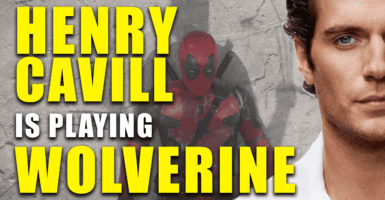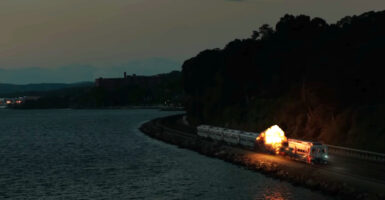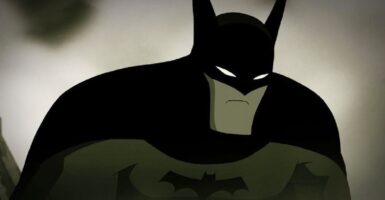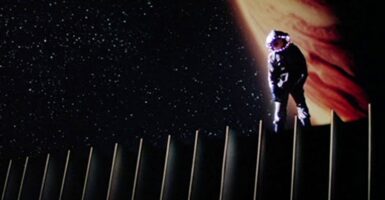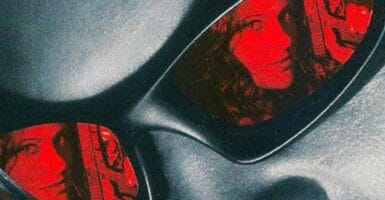Star Trek’s Heroes Would Hate Star Wars Jedi, Here’s Why
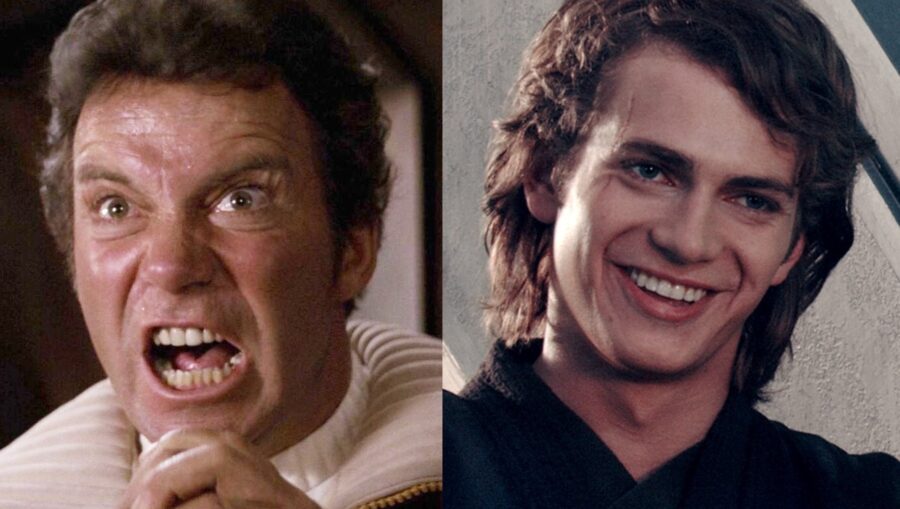
As much as fans of Star Trek and Star Wars may like to debate and poke fun at each others’ entertainment, it’s clear there are plenty of us who are fans of both. The fandom crossover made me wonder what would happen if somehow the narratives of the two were to merge — how would the principled explorers of the United Federation of Planets (UFP) react to the mystical peacekeepers of a galaxy far, far away? I’m pretty sure Starfleet’s champions wouldn’t be able to stand the Jedi Order for a few reasons, and the feeling would probably be quite mutual.
The Force
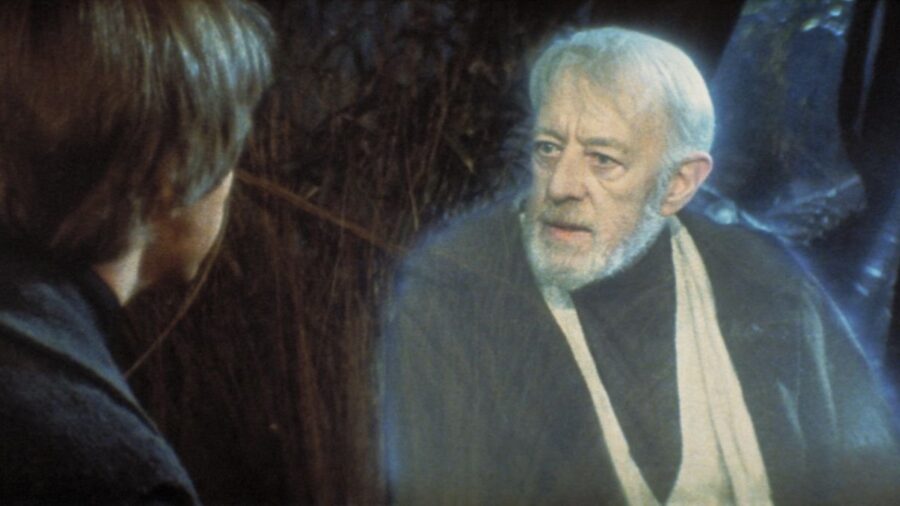
The most obvious reason the heroes of Star Trek would take issue with the Jedi of Star Wars is the issue of the Force. Most of Trek’s protagonists reject purely spiritual notions that have no scientific basis, and the Force certainly qualifies. While the controversial notion of midichlorians may explain how the Force communicates with certain individuals, that still doesn’t explain the existence of the Force itself.
This isn’t to say Star Trek heroes like James Kirk and Spock would be intolerant of the Force users of Star Wars; it’s more of a question of what the Force gains the Jedi. At least when it comes to the reign of the Republic, Jedi are afforded privileges, including political influence and military might.
Rather than trying to discredit it, a more science-oriented character like Data, Spock, Kathryn Janeway, or Michael Burnham might instead become obsessed with getting it under the proverbial microscope.
Imagine how Jean-Luc Picard would react, for example, after beaming down to Coruscant for First Contact proceedings. What would his report to Starfleet be upon learning that one of the most influential organizations on the planet got where they are based on what they claimed to be an innate ability to tap into an invisible power that supposedly controls everything?
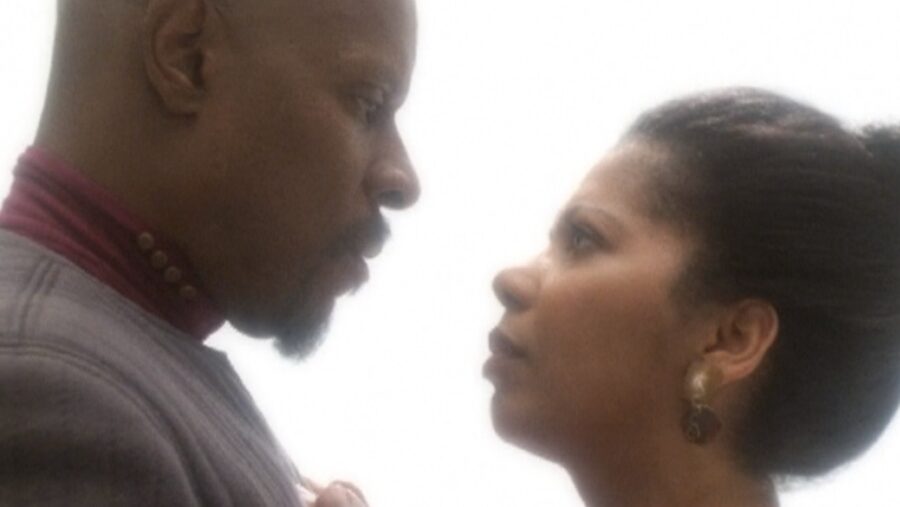
There would certainly be outliers. Star Trek: Deep Space Nine‘s Ben Sisko — who eventually learns he’s literally the child of the godlike Prophets — would likely be much more open to embracing a concept like Star Wars’ Force than Spock or Picard would.
There’d also be those Star Trek heroes who would likely become intrigued with the quest to discover a scientific basis for the Force. After all, while abilities similar to most — if not all — of the abilities Force users exhibit have been witnessed in Trek, the fact that multiple species are able to Force-wield and the occasional appearances of Force ghosts would make the thing’s existence nearly impossible to deny.
Rather than trying to discredit it, a more science-oriented character like Data, Spock, Kathryn Janeway, or Michael Burnham might instead become obsessed with getting it under the proverbial microscope.
But for the most part, the captains of Star Trek’s most iconic ships and stations would not trust the Jedi of Star Wars.
Don’t get me wrong: if Obi-Wan and Qui-Gon were to visit the Enterprise, everyone would be polite and friendly. Picard wouldn’t have their quarters gassed, and the lower decks crew sent to collect the bodies. But the minute Qui-Gon said something like, “You don’t have to raise your shields — the Force tells me these Gorn can be trusted,” Worf would escort them and their bathrobes off the bridge.
The Prime Directive
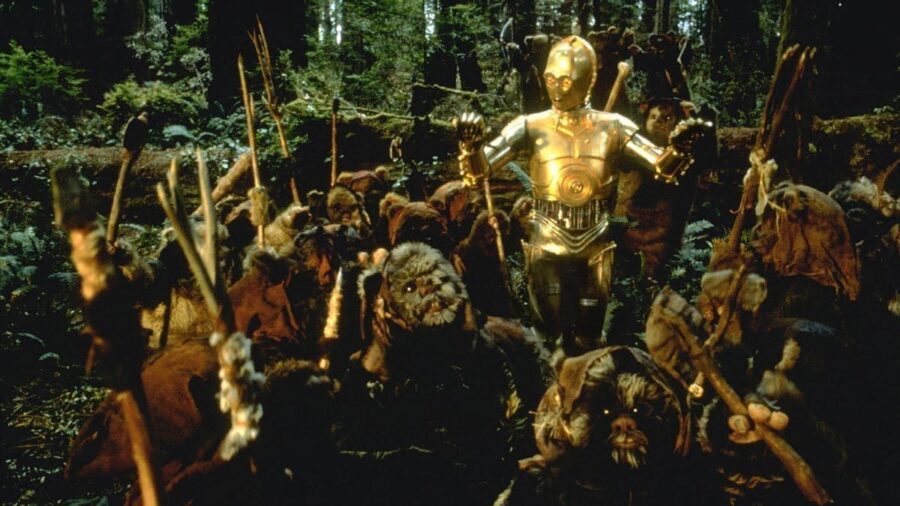
If the galaxies of Star Trek and Star Wars merged, another obvious point of contention would be Starfleet’s Prime Directive.
Starfleet officers are held to a high standard of noninterference with other cultures and civilizations — a standard that is expected to be met before all other considerations, including the well-being of those officers and/or the civilizations in question.
In Return of the Jedi, to save himself and his friends, Luke Skywalker willfully does exactly what Jean-Luc Picard fights so hard to stop from happening: he creates a false god.
A pre-industrial civilization is going through a horrible drought, and helping it would mean Starfleet revealing itself? Then, you leave them alone and let them deal with the drought. A non-Federation world is on the edge of a bloody civil war, and you learn that the world is being covertly manipulated by other non-Federation aliens with malicious intent? Then, you mind your business and keep that information to yourself.
It may seem cruel or apathetic, but in truth, the rule is there for good reason. For example, in the Star Trek: The Next Generation episode “Who Watches the Watchers,” Dr. Beverly Crusher beams a mortally wounded Mintakan — aliens with Bronze Age level technology and no knowledge of other intelligent species — to the Enterprise and violates the Prime Directive in doing so.
While her intentions are pure, Dr. Crusher’s actions almost lead to the Mintakans developing a new religion worshipping “The Picard,” which in turn could have irrevocably altered the civilization’s path.
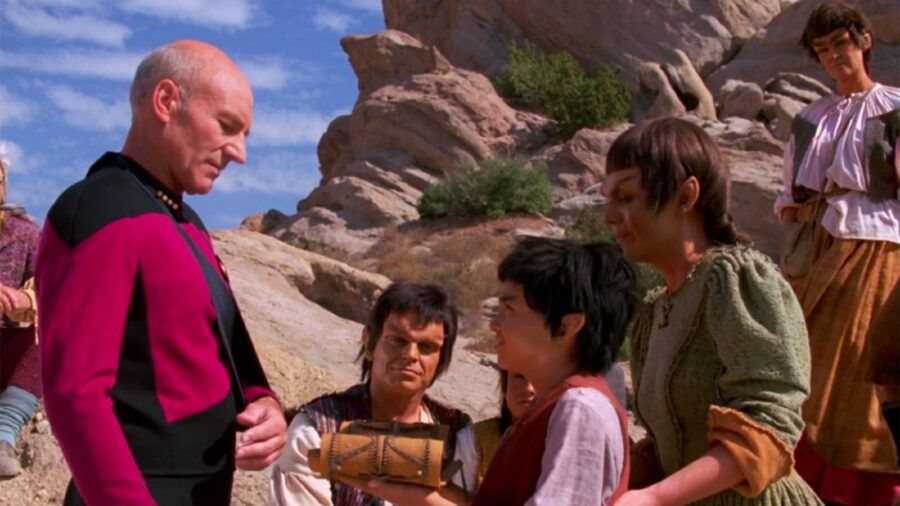
We don’t have to look very far to see why one of Star Trek’s most sacred principles would not fly in Star Wars. In Return of the Jedi, to save himself and his friends, Luke Skywalker willfully does exactly what Jean-Luc Picard fights so hard to stop from happening: he creates a false god.
When the Ewoks — convinced C-3PO is a god — are about to cook Luke and most of the heroes for a celebration dinner, Luke uses the Force to not only confirm the teddy bears’ belief that the droid is a god but to convince them he is an angry deity.
Not only is the scene not treated as anything remotely controversial, but it’s mostly comical in spite of the danger the heroes are in. But the deception potentially has long-term impacts on the Ewoks in terms of their spiritual beliefs, and it is largely what convinces them to get involved in the Galactic Civil War.
If you told Star Trek’s Picard, Janeway, or Sisko about this event and then told them it was the result of one of Star Wars’ greatest heroes, they would be speechless.
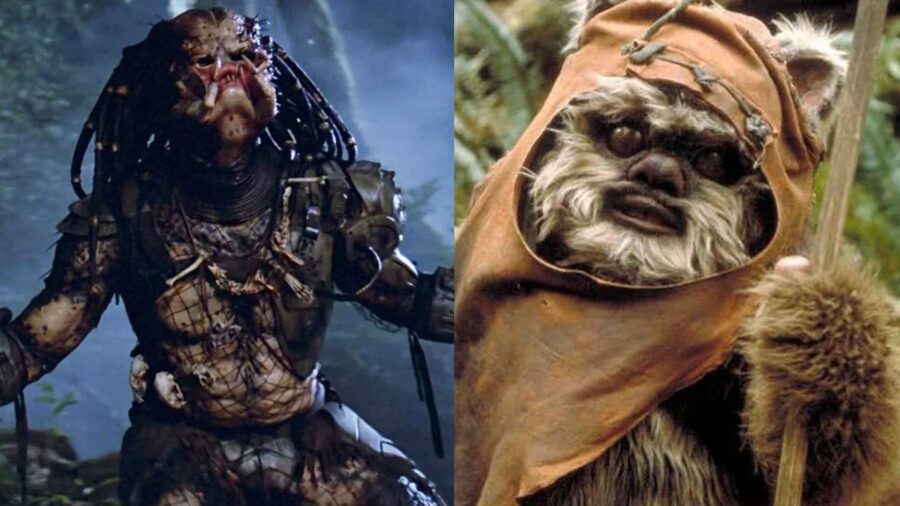
A little over a year ago, I made a tongue-in-cheek proposal for a Star Wars/Predator crossover, specifically with the alien hunter stalking the Ewoks. Part of my premise was that — because Predators are drawn to places of conflict — after the events of Return of the Jedi, the Ewok tribes of Endor erupt into a holy war because their god, C-3PO, has left them.
Yes, the article was largely for fun, but wouldn’t that be a possibility? What happens when you give a people a god — not just the idea of a god, but an actual, physical god who walks among them — and then abruptly tear him away?
I’m not trashing Luke Skywalker, by the way; I’m just pointing out exactly why the likes of Star Trek’s Kirk, Picard, and more would not look kindly of one of Star Wars’ more lighthearted adventures or the heroes in them.
The Jedi And The Military
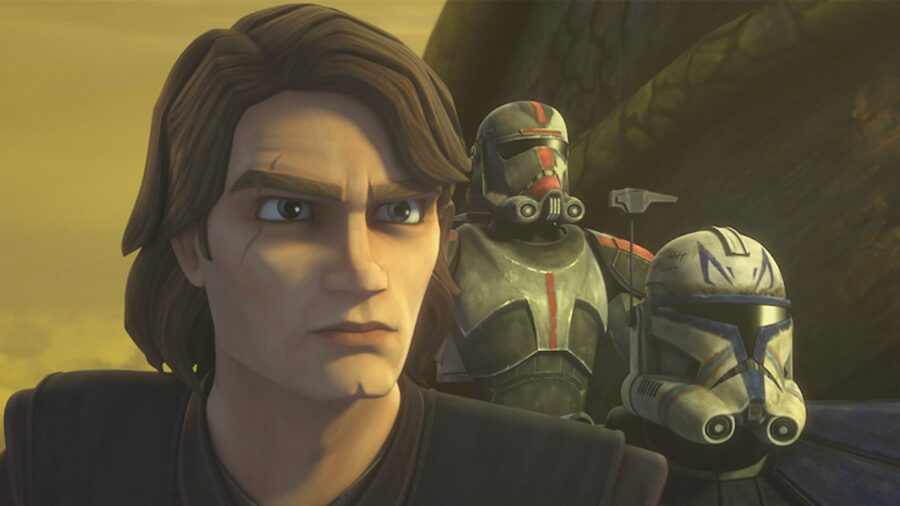
I don’t know about you, but upon first watching The Clone Wars, the most shocking thing to me was hearing Anakin Skywalker referred to as “General Skywalker.” The last time we see this guy in Star Wars: Episode II – Attack of the Clones, he acts childishly and resentfully toward the Jedi Order, loses a limb to Count Dooku, and regularly disobeys orders, which results in — among other things — a conflict on Geonosis in which many Jedi are killed. For all that, he’s made a freaking General?
Whether or not you agree with my assessment of Anakin, the point stands — the captains of Star Trek would not take commands from the Jedi of Star Wars based solely on the fact that they’re Jedi.
In The Clone Wars we see even young padawans like Ahsoka with elevated rank and the privilege of commanding clone troopers.
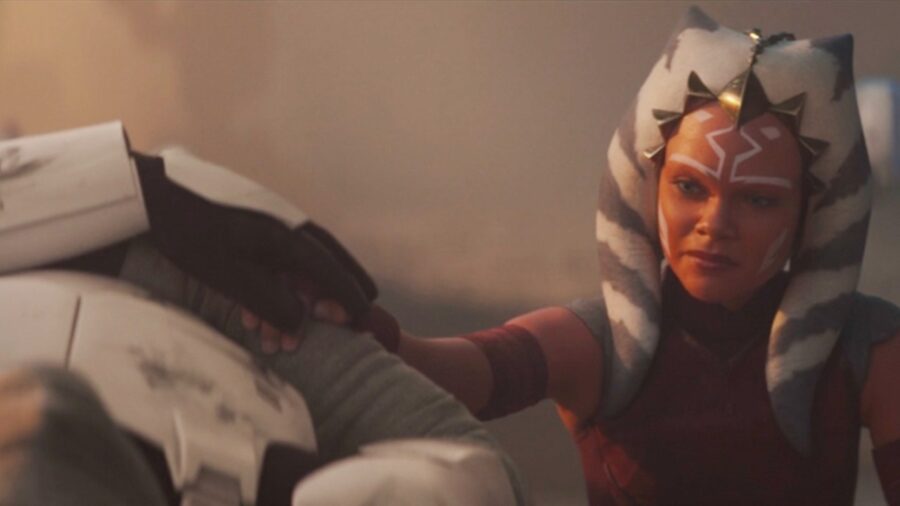
I mentioned earlier that Star Trek: Deep Space Nine‘s Ben Sisko would likely be more accepting of a Star Wars concept like the Force. Regardless, imagine what would happen if — during the raging Dominion War — someone like Mace Windu or Yoda boarded the Defiant and took command. Do you really think the only Trek hero to ever punch the godlike Q in the face would give up the captain’s chair to someone else based solely on their magical powers?
Not to mention the question of what Star Trek’s military — vs. that of Star Wars — makes a priority. The UFP would never wage the kind of war the Republic and the Jedi do in the prequel films and The Clone Wars.
As we see in Star Trek: Discovery‘s third season and onwards, if someone like the Vulcans or the Trill or even the people of Earth wanted to secede from the Federation, the UFP would let them. They would use every diplomatic method they could to keep their member planets in the fold, but they would never wage war to do it.
So keep those big ears of yours open, Disney! If Paramount ever becomes another studio in your collection, keep Star Trek and Star Wars separate.
(But I’m still campaigning for Predator Vs. The Ewoks because, come on.)
